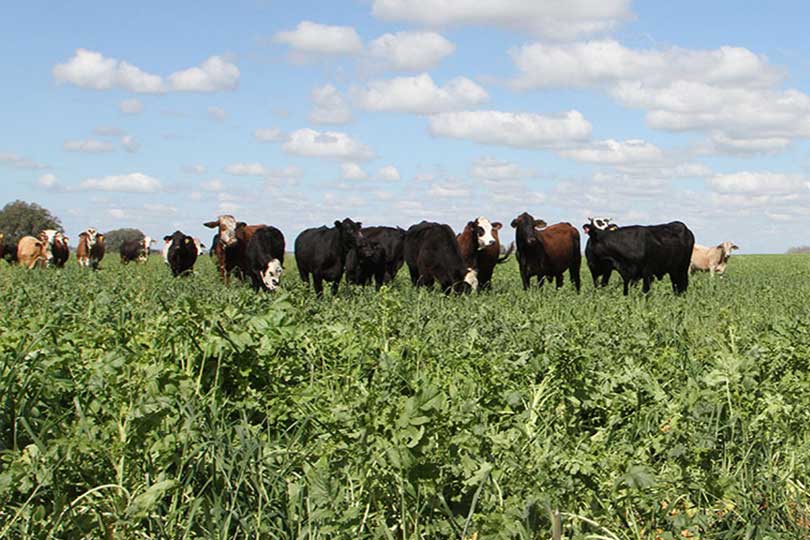Although not a new concept, Texas cotton farmers are showing more interest in no-till farming. Due to the increasing heat, keeping residue in fields will actually improve soil temperature and health, according to Southwest Farm Press.
“Cotton plants don’t like hot or fluctuating temperatures,” Vice President of Agricultural and Environmental Research for Cotton Incorporated Kater Hake told Southwest Farm Press. “Residue left on the soil in no-till systems reduces soil temperature fluctuations and supports soil health.”
Hake also added that roots need stable temperatures. The hot West Texas soil isn’t good for the roots or fungi.
“Soil temperature fluctuations affect the possibility of bacteria and fungi. Warmer soils favor bacteria,” Texas Tech University biology professor Bobbie McMichael reported at the recent Beltwide Cotton Conference in Dallas.
Part of the study included tests on a Petersburg, Texas farm, where a farmer’s fields have been in no-till production for eight to 10 years. Crop stubbles accumulated from a rotation practice of cotton, corn and grain sorghum was the main concentration in this study.
Cover crops also will remove water from the soil. But Hake noted that knowing the termination dates are crucial and will provide adequate residue without depleting moisture for a crop.
“We are beginning to understand the need for stable daily temperature range (DTR) for the soil to be healthy,” Hake said. “The cover is important for better roots, better microbes and temperature stability.”
Residue left on the soil’s surface improves water capture, and evaporation loss is reduced.
Hake did advise that understanding different choices of cover crops is essential.
“Wheat provides adequate biomass, but does not share plant pathogens with cotton, so the residue does not harbor organisms that would infect the cotton crop to follow,” Hake said.
Hake and other researchers have agreed that farmers practicing no-till and residue maintenance are showing others the value of cover crops and maintaining old crop stubble.

